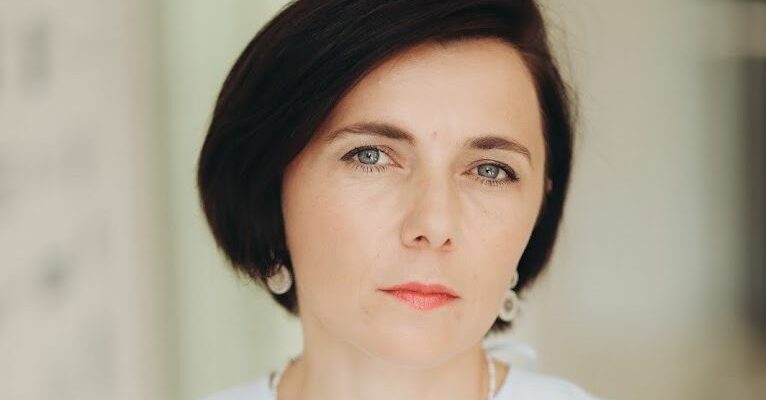It is a man who managed to flee the Russian occupation of the Ukrainian city of Kherson and who sends the contents that he was able to record there, or another who sends a video of his house destroyed by the fighting. These are some of the documents archived by the team ofUkraine War Archive (“archive of the war in Ukraine”) for almost a year. This team of Ukrainians launched a website so that all the witnesses of the war send there documents of the Russian invasion: photos, videos, audio documents or testimonies. Originally, the Docudays team, a Ukrainian NGO, organized film festivals. February 24, 2022 changed everything.
In March 2022, Docudays partnered with the NGO Infoscope to launch the site. Nearly a year later, as other partners have joined the project, the team has collected more than 1.2 million media files and conducted 230 witness interviews, 20 minutes Maria Buchelnikova, the site’s project manager. A huge job, in a destabilized country. This pushes the team to continue. “They see that they can be useful,” says the project manager. For many Ukrainians, the question of how to help is very important. »
Workshops to support the mental health of volunteers
The documents collected reflect the violence that Ukrainians have experienced since the start of the war. So Docudays held workshops to support the mental health of volunteers who archive documents. “Personally, I don’t watch this content,” explains Maria Buchelnikova. We have a team watching and tagging them [pour les classifier]. They share their experiences with me and tell me that it is difficult because people tell of horrible experiences. »
By archiving evidence from the war, the team “wanted to help human rights activists and lawyers in Ukraine”. When asked if any files in the database could be used in war crimes trials, Maria Buchelnikova replied that “of course, all Ukrainians want justice. Unfortunately, we can’t do it ourselves [en ce moment]. »
“Showing Evidence of Russia’s War Crimes”
Collecting evidence that could also be used during a trial is also one of the objectives of Dattalion. “We defend Ukraine by showing proof of Russia’s war crimes,” read their emails, signed “Slava Ukraïni” (“Glory to Ukraine”). Behind this other site, Ukrainian women who have joined forces to again collect testimonies, photos and videos.
The task is immense, emphasizes to 20 minutes Nataliya Mykolska, one of the co-founders of the project and former Minister Delegate for Economic Development and Trade: “We are not dealing with a small localized conflict. Just look at the immensity of the front line! That’s a lot of data to record and analyze. She now devotes part of her time and energy to raising funds to hire professionals to bring the site to life and to film interviews with witnesses. To do this, it approaches private foundations, but these direct their funding towards “immediate needs, such as accommodation”. “Documenting is not [perçu comme] immediate need,” she says.
Resources ‘preserved for when Ukraine achieves victory’
Unlike the teams behind Dattalion or Ukraine War Archive, Olha Aleksic is a professional in information gathering. This Ukrainian is a librarian at Harvard University. Reeling from the large-scale invasion of her country in February 2022, she decided to react and launched with Kostyantyn Bondarenko, a fellow computer scientist also working for the famous American university, a conflict archiving project. This is not about receiving documents sent by Ukrainians, but about registering Internet sites. “The objective was to keep Ukrainian sites, she recalls to 20 minutes. We were afraid that servers would be destroyed. »
The librarian then establishes a list of sites, from the information site to the official site, and Telegram channels to be recorded by a robot at regular intervals. “I’m glad we did it,” she says. This is not part of my professional duties, but [avec Kostyantyn Bondarenko] we wanted to do something, based on our professional abilities and because we both have family in Ukraine. »
The project is also a response to Russian propaganda, explains Kostyantin Bondarenko: “Throughout its history, Ukraine has faced relentless attempts by Russia to undermine and erase its identity, whether through disinformation , propaganda, rewriting history or open violence. Through records like these, we help ensure that Russia cannot erase Ukraine’s informational identity in its brutal attacks on infrastructure and human lives. »
Their archival work is available online. These resources “are available to those who wish to learn more about Ukraine and will be preserved for when Ukraine achieves victory and begins the process of reconstruction”, adds the computer scientist. A day that everyone hopes to see arrive as soon as possible.

